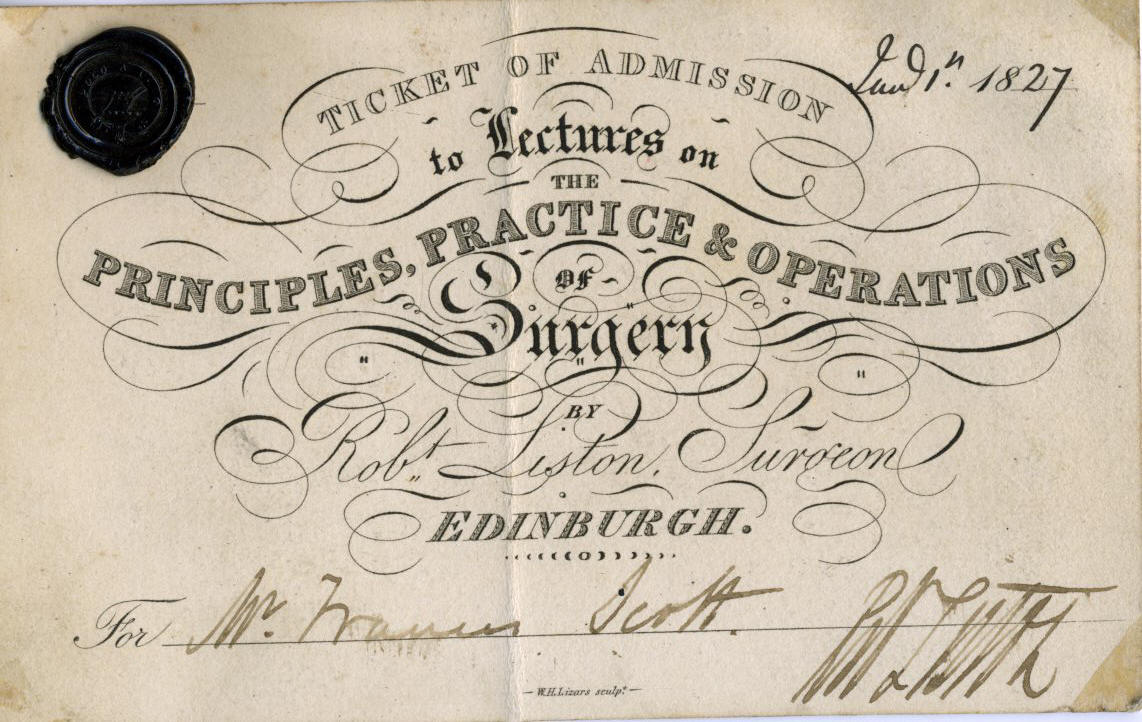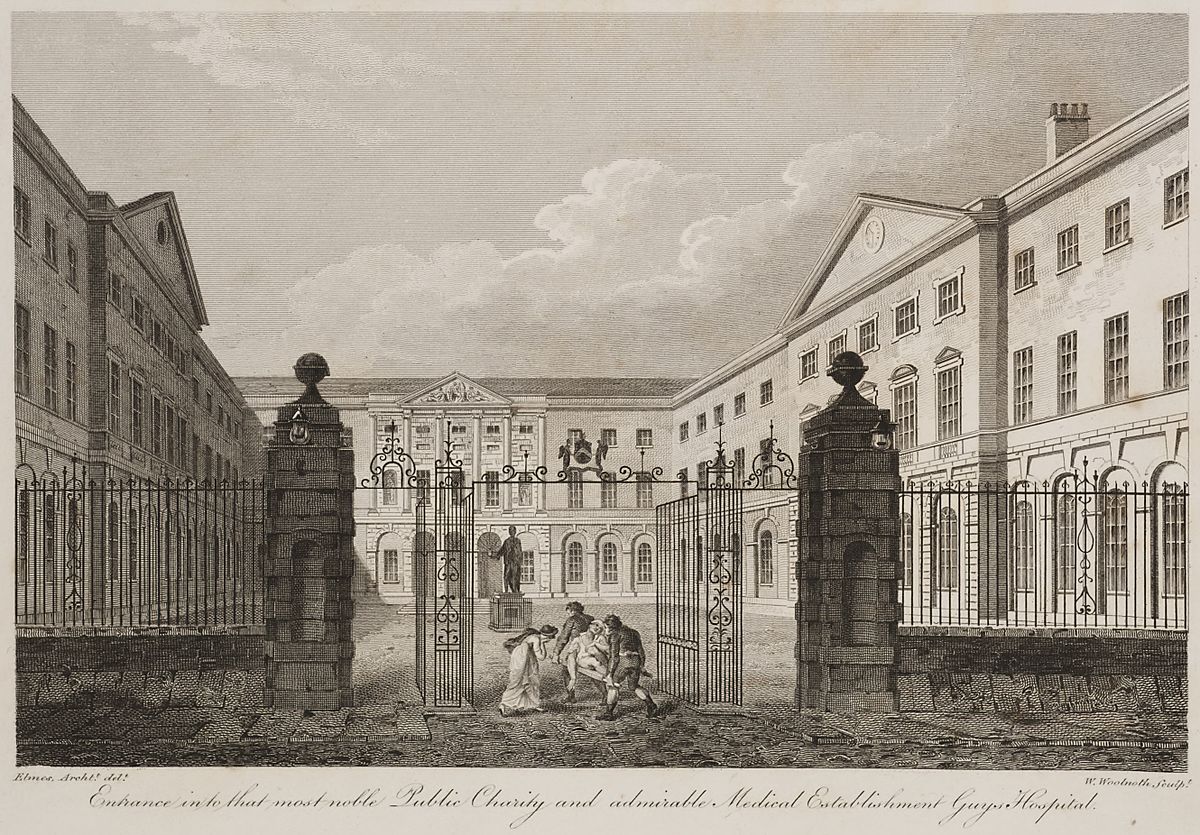Becoming a Doctor in the 1800s
In 1871, when Middlemarch was written, medical school was almost nothing like it is by our 21st century standards. Because far less was actually known about medicine and medical practices at the time, it was not uncommon to see even esteemed medical schools such as Harvard and Yale teach less-than-accurate information to soon-to-be doctors. Generally, on one's journey to becoming a medical professional, the best places to go for an education in the United Kingdom were Scotland and London. In this time period, there were no residencies or even pre-med prerequisites. Instead, prospective doctors would be lectured in a classroom with little to no hands-on experience in the field. Looking to the United States, as well as other parts of the world, medical schools in the United Kingdom, even those considered prestigious, were generally unorganized and overall not as successful in training doctors. One thing in particular that contributed to the poor reputation of doctors, even stemming all the way back to their schooling, was that they often wouldn't focus on only the medical field, but would take up other careers on the side. Many doctors would also be businessmen, merchants, and the particularly famous example of barber-surgeons. In 1876, however, Johns Hopkins Medical School changed the scene for prospective doctors, very much for the better. Instead of requiring absolutely no prerequisites, medical schools would now require a degree for any students looking to apply. On top of this, they would also replace the in-class lectures with labs, science classes, and hands-on work, as well as increasing the time it took to graduate.

Something particularly interesting is that we see this occur five years after the publishing of Middlemarch, in which we see a doctor (Tertius Lydgate) who is attempting to make the medical field a better, more respected mode of study. It almost seems as though Eliot used Lygate as a way to personify the changing climate of the medical field, showing that she supports the changes that are being made, all the way up until the entire field was revamped in 1876. Lydgate as a character is particularly interesting, as we get to see a great many sides of him throughout the novel. On one hand, we see that he is a very professional doctor, taking pride in his medical work during a time when being a doctor was something a man of his background would not have been proud of. On the other hand, however, we get to see him in a more personable role, not as a doctor, but as Rosamond's husband. As a doctor, we see that Lydgate is very much determined; he wants to make a name for himself as a doctor, as well as bring about reform to the medical field in order to bring it more respect and credibility. As a husband, though, we see Lydgate's softer side. In my opinion, one of the most major places in the novel (as well as in the BBC adaptation) that we see this side of Lydgate is when Rosamond miscarries after her riding accident. We know that as a doctor, Lydgate was able to determine that she'd lost the baby, and we can tell that this affects him. Despite the fact that this was a medical emergency, his role as a husband comes through more than his role as a doctor, and he does his best to support his wife despite being distraught himself.

Doctors: Physicians, Surgeons, Dentists and Apothecaries in England
